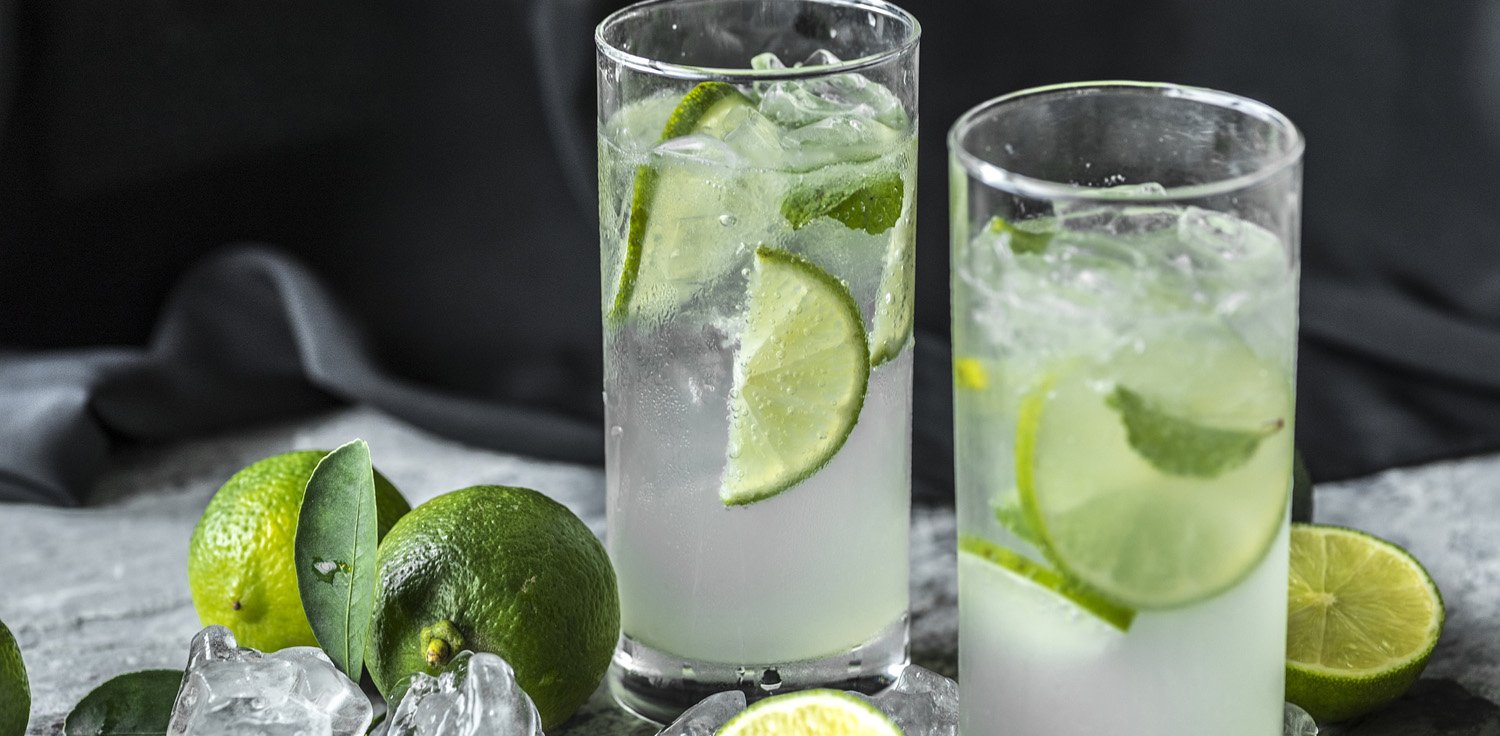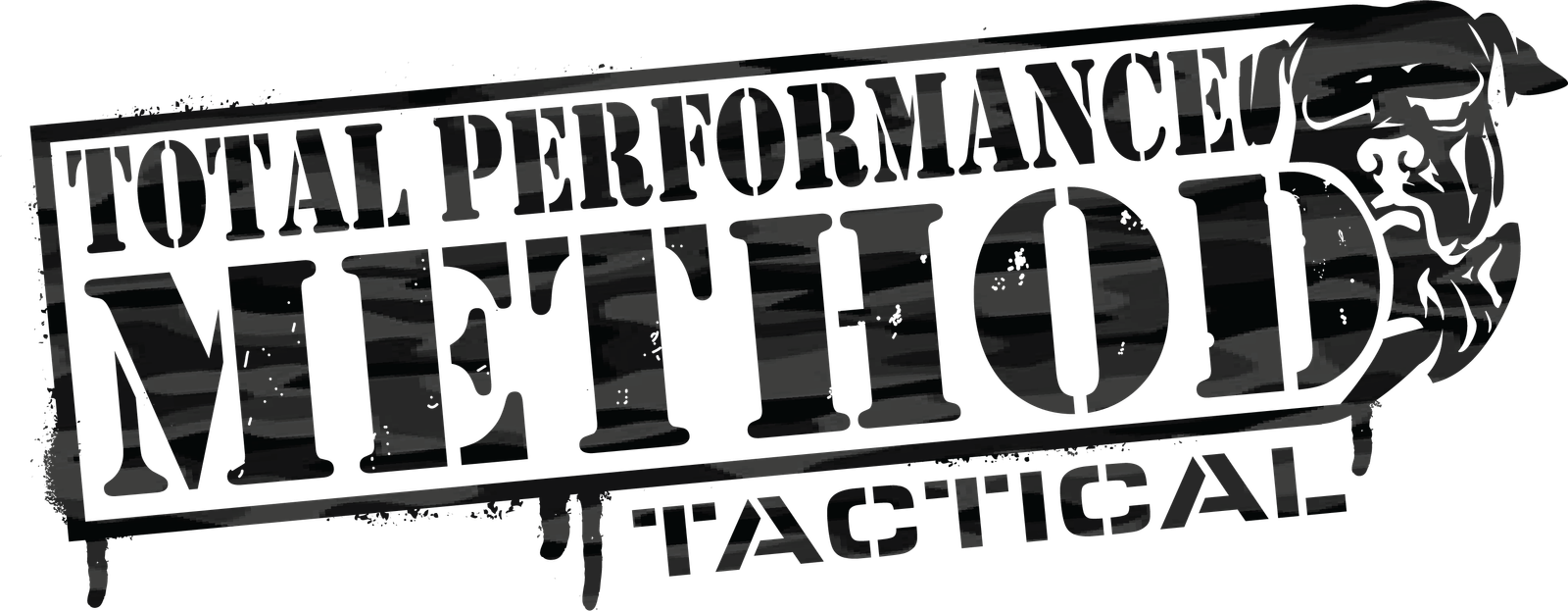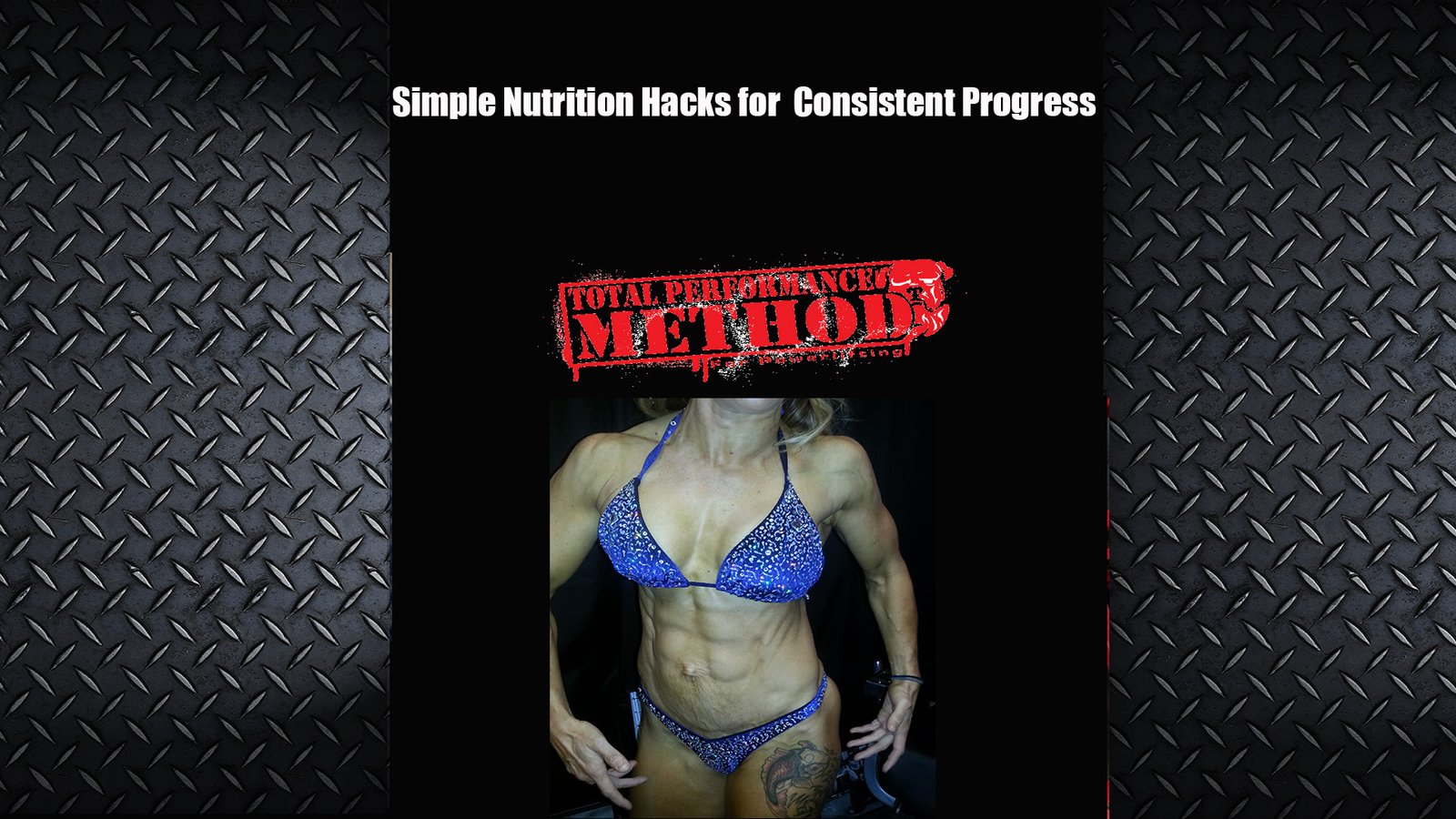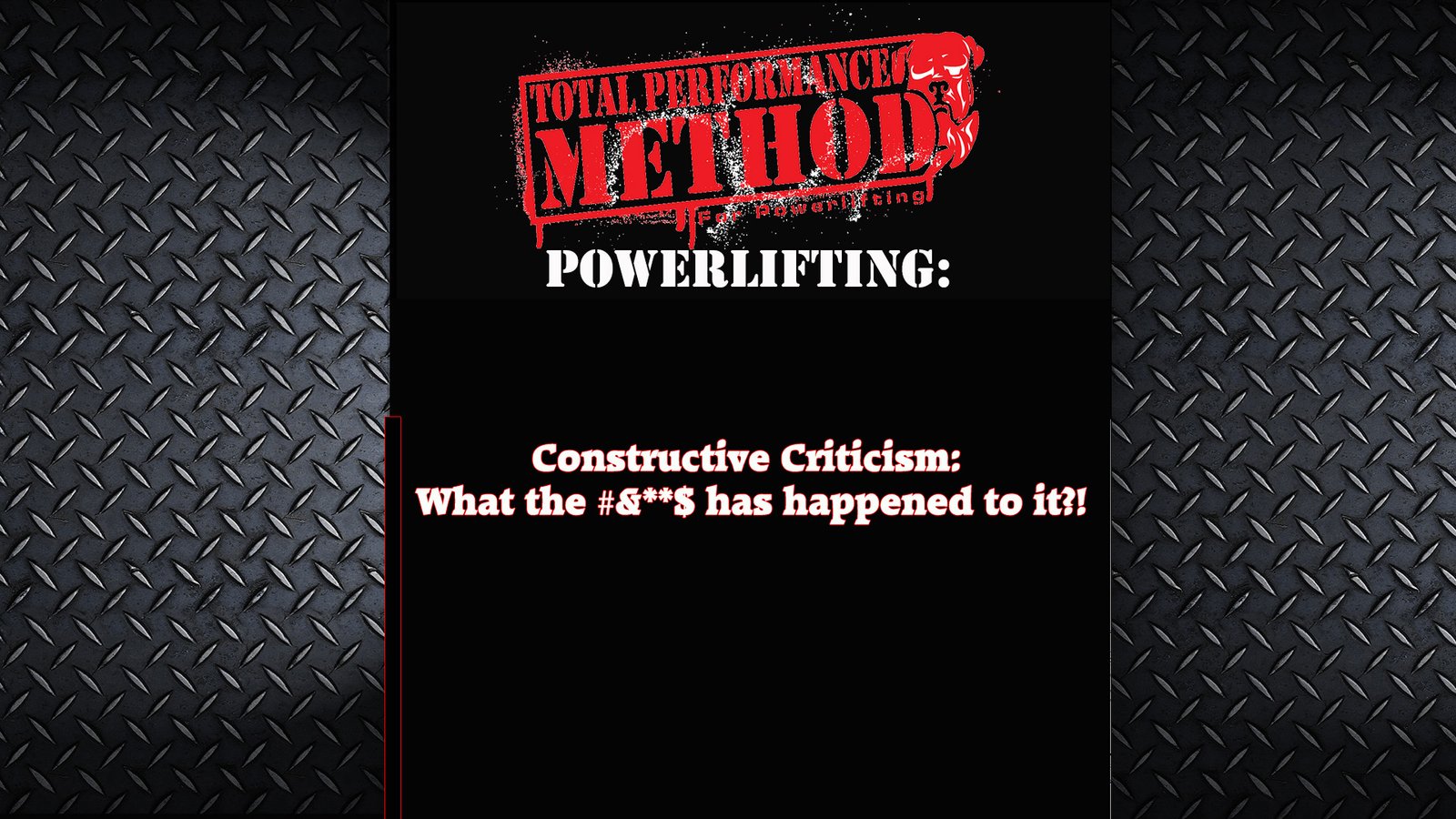By Mary Southworth
Disclaimer: I am far from a medical professional so none of this is intended as advice, just my thoughts and experience.
I’ve seen a few anti-detox articles go by in the ol’ newsfeeds lately. I just completed a cleanse a few months ago with an holistic practitioner who I consider a genius and who is literally fixing me from top-to-bottom, including 10- and 15-year old orthopedic problems, so I felt like weighing in to counter some of that junk journalism.
“Detox,” “fast,” and “cleanse” are all imprecise terms that can be used differently anywhere you see them. Everyone understands a fast as not eating at very least, and that can just mean not eating solid foods. You might be juicing, which is providing some nourishment, and the Master Cleanse can actually provide up to 1,200 calories a day. A cleanse or a detox can also mean some attempt to give the body a break, if not from eating, from the influx of potentially harmful things, or to help the body get rid of harmful substances. Thus it can involve anything from a modified, limited, and/or very “clean” diet, to a fast on pure water, which I would definitely never try without professional supervision.
The main reasons people do this are:
- To get toxins out of the body (the currently popular reason to refute while ignoring the other reasons)
- To physically clean the inside of your digestive tract and get rid of undigested food that theoretically may be hanging around in there
- To lose weight (my least favorite; you do, but if that’s all you have in mind, you’ll probably gain more back afterward)
- Spiritual reasons; to take a break from material activities and gratification
- To give your body a break from the bad food you eat or foods you suspect are causing you problems, such as inflammation
- Similarly to the original idea behind the Paleo diet, because you believe the body was designed for a very different way of eating past which it has not had time to evolve, and which includes periods of not eating or not eating much
- To reset your eating habits and psychological relationship to food
- To clear the “noise” of reactions to many things you are eating so you regain the ability to feel which ones are making you sick
Honestly, this doctor has earned my trust so thoroughly and helped me so much already, that his recommendation to do a cleanse was all I needed. He was concerned about my liver function and stress on the organ due to hormonal imbalances, so there was a “detox” component there, and he probably had other reasons. However, the game-changing benefit for me personally in hindsight was the last o ne. That’s the one I think alone refutes the naysayers, and the one I’ll delve into.
ne. That’s the one I think alone refutes the naysayers, and the one I’ll delve into.
For the curious, the cleanse I did was the Standard Process 21-Day Purification Program. It’s a very clean, lean, low-calorie diet and a set of supplements and recommendations. To get Standard Process stuff, you have to go through a “health care professional” and you can look up providers who carry their products on their site. There are other fasts and cleanses you can find out there that don’t require supplements and I’ve done a couple with some success. I’ve never had any luck with the retail packaged supplement-type cleanses (they have a bunch at Whole Foods, for example) or at least they had no palpable effects for me.
Detox reset
The average person eats things for every meal I wouldn’t even dream of eating every day. This was true before my cleanse, and is now more so. If I ate cereal and milk for breakfast, a sandwich on white bread for lunch with chips, and processed frozen meat with a pasta dish and frozen veggies for dinner, I’d feel terrible for a myriad of reasons. Just as examples, I know I need protein at every meal to regulate my blood sugar properly, and I need to be thoughtful about what carbs I eat and when. As an athlete, I’m probably more tuned in to my body’s output vs. the input and more able to make the connections, I’ll give you that.
But most people eat that kind of diet and “feel fine.” Or they might not feel fine and don’t make the connection, and get through whatever they have to do and then collapse in front of the TV. They may be getting by with caffeine and nicotine or other stimulants, or they may actually do all right but develop allergies and other signs that seem unrelated but indicate that their immune systems are constantly being over-taxed. Or nothing may show up until down the road and then it gets really serious—heart disease, cancer, etc.
Also, the body will adapt the best it can to what you give it and do with it, so an unhealthy diet can turn into a norm and it might actually be uncomfortable at first to make healthy changes. If you are constantly raising your energy level with sugar or other refined carbs, for example, and you cut them out cold turkey, you will have some withdrawal symptoms and feel lousy for a few days, but that doesn’t mean they are good for you!
The value of a fast or cleanse, that interrupts you normal eating patterns and stops the any influx of bad food, is that you quiet all of that noise of multiple reactions to different foods in your system. You can actually start to observe what specific foods are doing to you. I did what is a pretty common practice after a detox or fast, and tried one simple food at a time on an empty stomach. With a “clean” system, you will feel like garbage very quickly if you eat something your body doesn’t like. Typical symptoms are nausea, headache, brain fog and low energy.
In my case, I found that dairy except for yogurt really wasn’t for me (and this was consistent with what the doc had observed in other ways). One thing that was really interesting: I got whole, organic wheat berries and soaked and boiled them— pretty much the most innocuous, unprocessed, easiest to digest form of wheat I could find easily. No problem at all (so that rules out gluten as a problem). However, standard American wheat flour, even whole wheat flour: I’m on the bench for the rest of the day. Plenty of theories behind that in terms of GMOs, Roundup and other chemicals, and processing, but bottom line is I know I just can’t eat it and expect to feel good, regardless of why.
And if you keep your diet relatively clean and in line with what your body tolerates, you can retain this ability to really sense what foods are doing to you indefinitely. If I indulge in a donut or fried food now, I just know I’m not going to feel good for the rest of the day and have to decide if it’s worth it.
I’m just starting to reap the benefits of my new eating habits. It’s hard to tell with allergies because of the timing of the seasons, but I can feel less inflammation overall in my body and I sleep better and have way more energy. The most important thing to remember is that everyone’s different; I’m sure there are people who thrive on some of the things I can only eat as a treat. But the detox could be a valuable tool to help find out what works for you.








Leave A Comment